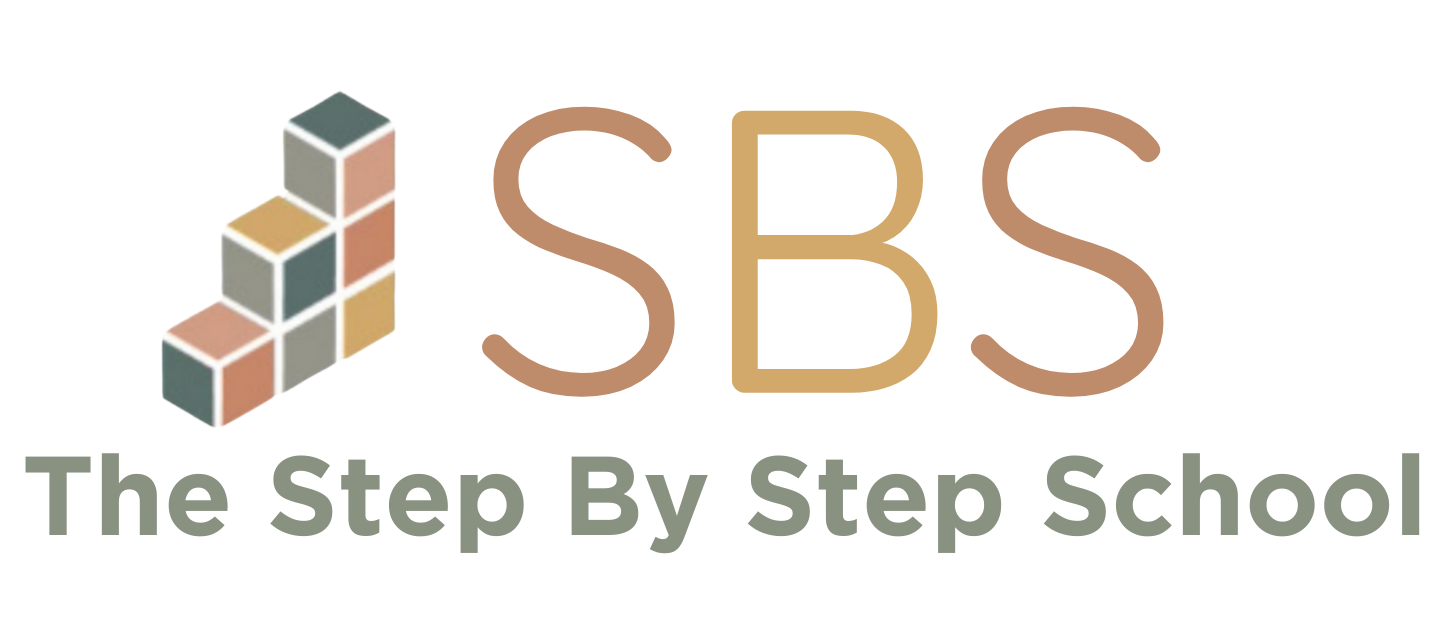When it comes to choosing the right early childhood setting for your child, many parents face the same question: preschool or daycare? At first glance, these two options may seem interchangeable. Both involve caring for young children, providing safe environments, and helping parents during working hours. But there are distinct differences in structure, curriculum, and purpose that can impact your child’s development.
Whether you’re located in Hudson, Monroe, or surrounding communities, understanding the differences between preschool and daycare can help you make an informed, confident decision that supports your child’s early growth.
Let’s break down the key distinctions between preschool and daycare and explore which might be the right fit for your family.
Purpose and Philosophy
The main difference between preschool and daycare lies in their primary focus.
Preschools are designed with early learning and school readiness in mind. Their programs usually follow a structured curriculum aimed at developing social, emotional, and cognitive skills in children ages 2.5 to 5 years old. Preschools are often part-time or half-day, though many now offer full-day options.
Daycare, on the other hand, is generally focused on providing safe, reliable care for children of various ages—including infants and toddlers. The emphasis is more on supervision, routine, and play, with less focus on formal learning objectives. Daycare centers may have some educational activities, but their structure is often more flexible.
In short, preschools are built around learning, while daycares are built around care.
Age Groups and Enrollment
Preschools typically serve children between the ages of 2.5 and 5, just before they enter kindergarten. Most require that children be potty-trained and ready to participate in group activities. Enrollment in preschool programs often follows the school year, beginning in the fall and ending in late spring.
Daycares usually accept children from as young as 6 weeks old up to school-age. Many operate year-round, with rolling admissions and flexible schedules that suit working families. Daycare is often the go-to option for parents who need full-day care starting in infancy.
If you’re in the Hudson or Monroe area and have a younger child, a daycare may be more appropriate until your child is ready for a more structured preschool environment.
Curriculum and Learning
One of the most significant differences between preschool and daycare is the approach to learning. Preschools follow a set curriculum focused on school readiness. Lessons are planned to introduce early math, reading, science, art, and social skills. Play is still central, but it’s used intentionally to support learning.
Preschools also incorporate routines like circle time, story time, music, and hands-on learning centers. Children build the foundations for kindergarten and beyond.
While many daycares offer educational play and enrichment, the level of structure varies widely. The focus is more on caregiving—naps, meals, hygiene, and general safety. Some daycares do offer preschool-like activities, but they may not follow a formal or age-specific curriculum.
Local preschool programs in Hudson and Monroe often align their curriculum with state early learning standards, giving children a strong start academically and socially.
Teacher Qualifications
In preschools, teachers are usually required to have training or certification in early childhood education. Many hold degrees or credentials that prepare them to support child development through guided instruction.
Daycare staff may or may not have formal education in early learning. While many caregivers are loving, experienced, and qualified in safety and first aid, not all centers require early childhood education training.
If you’re looking for a program with a stronger emphasis on learning outcomes, a preschool environment may be the better option.
Daily Schedule and Structure
Preschools generally operate on a fixed daily schedule that includes learning activities, meals, rest, and play. This structure mirrors a traditional classroom, helping children prepare for kindergarten.
Daycare centers often provide more flexibility in timing and programming. Schedules may be adapted to individual needs, especially for infants and toddlers. Extended hours are also common, which helps working parents with longer commutes or nontraditional hours.
Families in Hudson and Monroe looking for a consistent learning environment with a school-like schedule often choose preschool, while those needing year-round care from infancy often prefer daycare.
Cost and Flexibility
Preschools tend to operate on a part-day basis and may be less expensive than full-time daycare. However, some private preschools, especially those offering full-day programs, may be more costly.
Daycare centers often offer more flexibility in scheduling but can be more expensive due to longer hours of care. Some programs offer sibling discounts or state subsidies depending on eligibility.
In Hudson and Monroe, costs will vary depending on the provider, the hours of care needed, and the age of your child. It’s worth visiting multiple programs and asking about tuition, registration fees, and included services.
Which One Is Right for Your Child?
Choosing between preschool and daycare depends on your child’s age, readiness, and your family’s schedule. If your child is ready for more structured learning and social interaction, preschool may be the best fit. If you need full-time care for a younger child or more flexible hours, daycare may be more suitable.
Consider your long-term goals. Do you want your child to begin developing school skills now? Or are you looking primarily for a safe, caring environment while you’re at work?
Local families in Hudson and Monroe often start with daycare when their children are infants, and transition to preschool around age three to build learning skills before kindergarten.
FAQs About Preschool vs. Daycare
1. What’s the main difference between preschool and daycare?
Preschool focuses on early learning and school readiness, while daycare emphasizes care and supervision. Preschool has a structured curriculum; daycare offers more flexibility.
2. Can a daycare also be a preschool?
Yes, some daycares offer preschool programs within their facilities. It’s important to ask about curriculum, teacher qualifications, and learning goals to understand the program’s focus.
3. At what age should a child start preschool?
Most children start preschool between ages 2.5 and 4. Readiness depends on emotional maturity, potty training, and ability to follow basic instructions.
4. Is preschool more expensive than daycare?
Not always. Preschool can be less expensive if it’s part-day, but full-day private preschools may cost more. Daycare fees depend on hours of care and child’s age.
5. How do I know which option is best for my child?
Visit both preschools and daycares in your area, such as those in Hudson and Monroe. Ask about schedules, curriculum, and teacher training. Choose the one that aligns with your child’s needs and your family’s goals.









